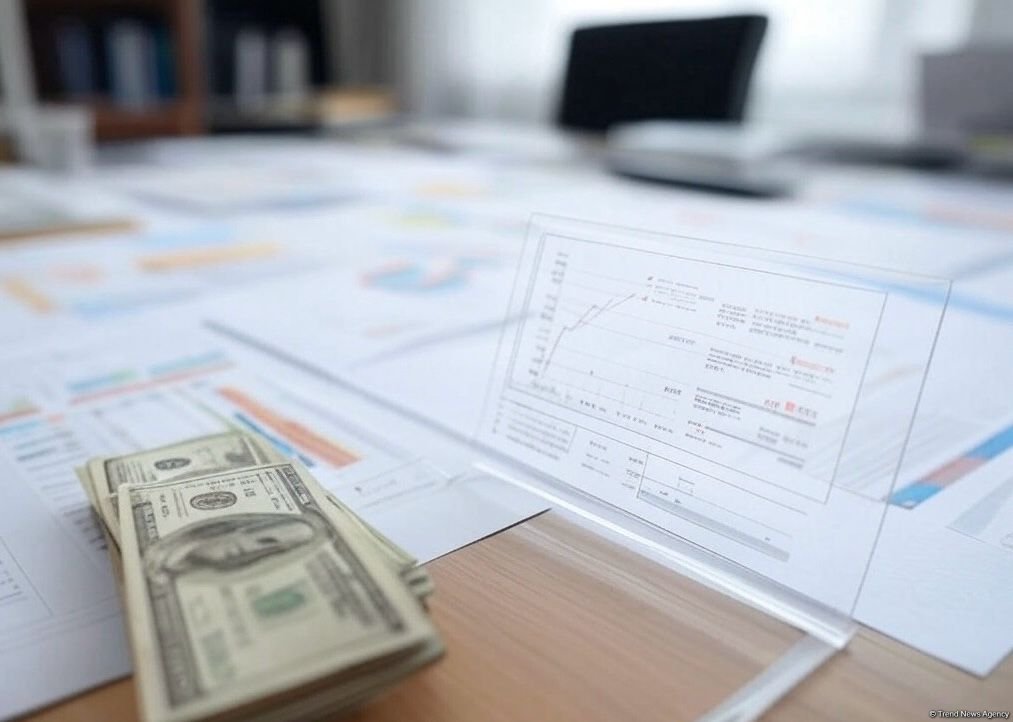ASHGABAT, Turkmenistan, November 1. Deputy Chairman of the Cabinet of Ministers Khodjamyrat Geldimyradov reported on Turkmenistan’s preliminary macroeconomic results for January–October 2025 and presented the draft State Budget for 2026 at a government meeting chaired by President Serdar Berdimuhamedov, Trend reports via the cabinet.
Turkmenistan’s GDP has taken a turn for the better, climbing by 6.3 percent in the first ten months of the year. Sectoral growth was recorded at 1.7 percent in industry, 8.1 percent in construction, 10.4 percent in transport and communications, 9.7 percent in trade, 5.2 percent in agriculture, and 8.3 percent in services. Overall output increased by 10.1 percent compared to the same period in 2024.
Retail turnover grew by 13 percent, while foreign trade turnover expanded by 9.2 percent year-on-year. The State Budget’s revenue is expected to be fully executed, while expenditures stand at 96.3 percent. Wages at large and medium-sized enterprises rose by 11.9 percent, with all salaries, pensions, benefits, and scholarships paid on schedule. Capital investment increased by 3.7 percent compared to the previous year.
President Berdimuhamedov underlined that the financial, economic, and banking sectors play a key role in ensuring the country’s sustainable development and instructed officials to further improve their performance.
Geldimyradov also presented the draft State Budget for 2026, prepared under the Program of the President of Turkmenistan for the Socioeconomic Development of the Country in 2022–2028. The document outlines priorities for national and regional development, as well as funding for key industries, the cities of Ashgabat and Arkadag, and investment programs.
President Berdimuhamedov articulated that the newly devised fiscal strategy prioritizes productive capital allocation across diverse sectors to underpin equilibrium in growth trajectories and sustain macroeconomic stability.
To note, Turkmenistan's 2022–2028 socio-economic development program, part of a 30-year strategy, emphasizes heavy investment in production potential, digitalization, economic diversification away from oil and gas, food security, green economy principles, and infrastructure development to improve quality of life, as well as foreign trade growth and job creation. Strengthening the private sector, expanding regional transport hubs, and integrating into the global economy through international cooperation and investment are crucial.
Stay up-to-date with more news on Trend News Agency's WhatsApp channel







